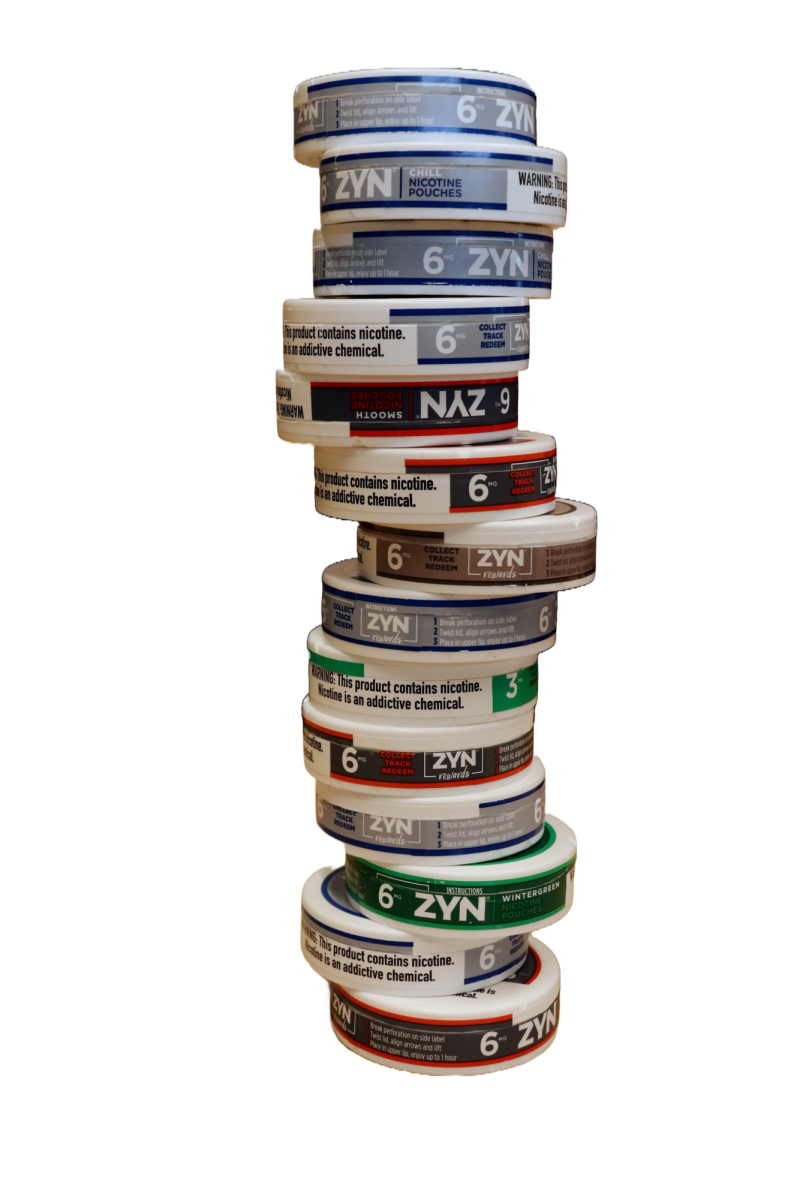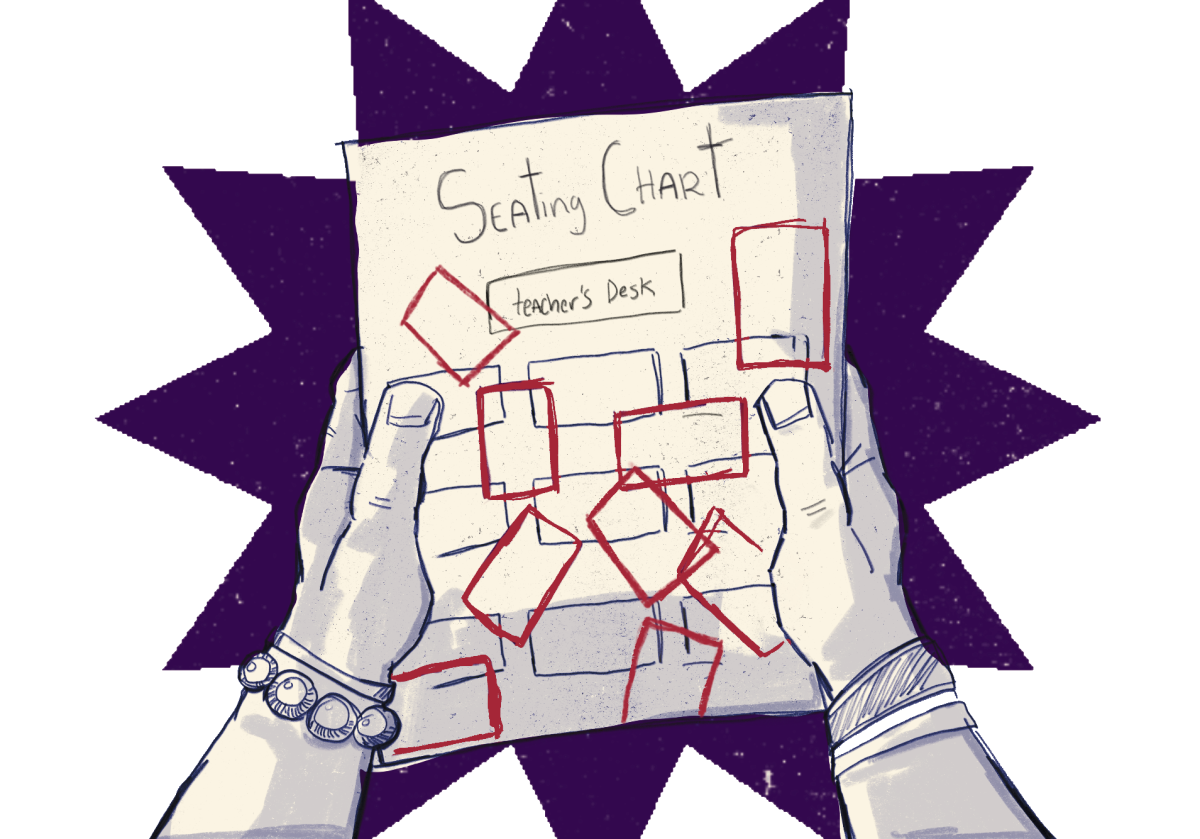Each spring, juniors across California take the California Assessment of Student Performance and Progress (CAASPP), a. A standardized test designed to measure how well students are learning state standards in English, Math, and Science.
Though the test does not impact a student’s PUSD gradebook, the results play a significant role in evaluating school performance, statewide rating, and even determining course placement in the CSU system according to the California Department of Education.
Assistant Principal Joe Marik said strong state testing results indicate strong teaching at the school which creates higher rating, interesting people to go to Piedmont schools.
“Higher scores interest people in attending the school. People want to go to schools that have high graduation rates, or good academic scores,” Marik said.
Marik said that on the high school level, teachers use the data to provide different levels of support, and to make sure that everyone is at the right level. But for college, the CSU system uses the CAASPP scores to help place students in classes. Additionally, at the community college level in the California system of schools, a student’s CAASPP score can impact their course selection.
“There have been times when students haven’t taken it seriously so the score they got on the assessment didn’t match their grades and ask students to take an entrance exam to make sure one is at the right level,” Marik said. “So there is a potential impact if you’re trying to go to a public college in California.”
CAASPP impacts a number of other things including students schedules. CAASPP testing is scheduled during students’ Academy period, resulting in a special schedule during the weeks of testing.
“We have it in the academy because it takes a lot of time and we need to have students all take it at the same time,” Marik said.
“Losing study time during Academy made the already stressful testing season even more difficult because I wasn’t able to use that time to reach out to teachers and do my work so the switch was disruptive,” junior Lila Rosen said.
Junior Ian Nguyen also said that CAASPP testing makes classes shorter, which is especially difficult during the most important part of the year since there’s so much homework and exams to study for.
“When we have an Academy, I can finish a lot of my homework there, and then come home and study for AP tests or finals. But without the Academy, I had to do my homework at home after school, so it took off a lot of my time,” Rosen said.
Junior Meher Baccher said CAASPP has disrupted her studying because she feels that academic support is time that students need to study and use as a break during the day.
“You come to the Academy expecting to kind of just relax and be able to get some of your work done and take some stress off your plate. Instead, you’re taking a more than hour-long test,” Rosen said. “It’s definitely draining.”
Several juniors said that while they took the test seriously, not all of their peers did.
“About half the students take it seriously,” Nguyen said. “They care because it affects the school’s reputation, but they don’t stress about it like a normal test since it doesn’t affect their grades.”
Rosen said it’s disappointing that so many don’t try, and people race to see how fast they can finish it which makes it seem pointless for those fully completing the tests because one score can only do so much.




























